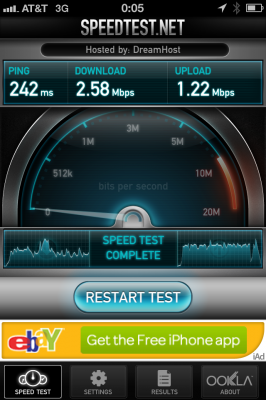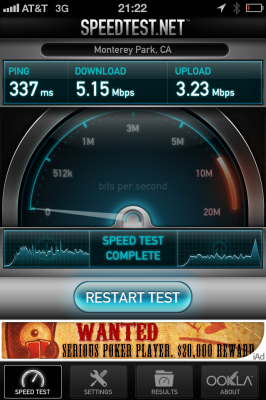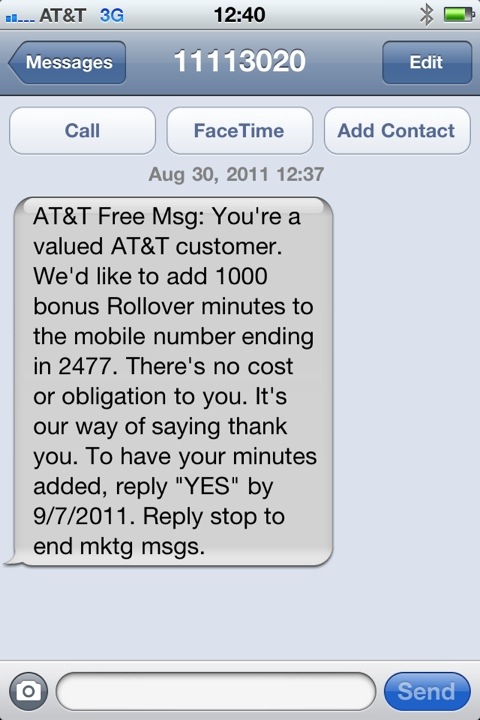“Write once, run everywhere.” This was the motto of the Java programming language when it was first deployed by Sun Microsystems. (Along with Sun, Java was consumed by Oracle, and Oracle describes Java thus: “Write software on one platform and run it on virtually any other platform.”) As with most software packages, this dreamy promise was not quite fulfilled by the Java programming language, but Java became a pervasive and highly successful platform by virtue of the possibilities that it has delivered. Apple Inc is implementing a new spin on this “write once, run anywhere” concept, and it could turn Apple into the new monopoly.
The seventh revision of Apple’s OS X operating system, “Lion”, and its iOS 5 for the iPod/iPhone/iPad platform show significant signs of the consolidation that the above article describes. The unification of of the desktop and mobile platforms has not been stated explicitly by Apple, but it is a destination to which the latest operating system releases are evidently headed. Thus, Apple will be creating a new “write once, run everywhere” paradigm wherein software written in Apple’s development environment will be executable on the hugely profitable mobile and desktop platforms that Apple controls.
The ramifications of such a unification will be huge. No competitor enables the simultaneous deployment of software to a huge number of devices on disparate platforms. Microsoft lacks the mobile platform penetration that would make such an undertaking desirable, and Google can’t offer this capability because it has zero desktop penetration. Thus, Apple’s unified development platform could become the new monopoly. It is entirely conceivable, and it is a goal toward which Apple is manifestly striving.
Oddly enough, should Apple become the new monopoly, it will owe its success to the Microsoft monopoly. The iron fist with which Microsoft prevented anyone (such as Dell, HP, etc.) from competing with itself and Apple only empowered Apple: once Microsoft failed with the Zune player, Apple was free to expand without competition. Although Google’s Android platform has managed to become the most popular mobile platform, Google’s failure to make any penetration into the desktop market with the Chrome OS or a product similar to Apple’s iTunes, means that Android developers will forever be locked into a cutthroat mobile platform in which lucrative applications like word processing, graphics and games will be inaccessible.
The perfect examples of this is Apple’s iWork and iLife productivity suites. iWork, for example, is fully functional in both iOS and OS X environments, and the deployment of iCloud allows the user to work across his or her mobile devices and desktop computer seamlessly. Thus, Apple has created a dominant system to which no one has any answer, and the monopoly structure that Microsoft defends and propagates vigorously prevents any competitor from challenging Apple’s dominance.
A lot has been said about Steve Jobs, but no one ever gave the man enough credit for thoroughly understanding market conditions and the structure of the industry and exploiting them maximally. More on this later ….
“Write once, run anywhere” will have a whole new meaning soon.
Like this:
Like Loading...







